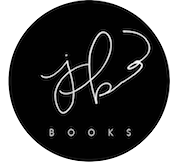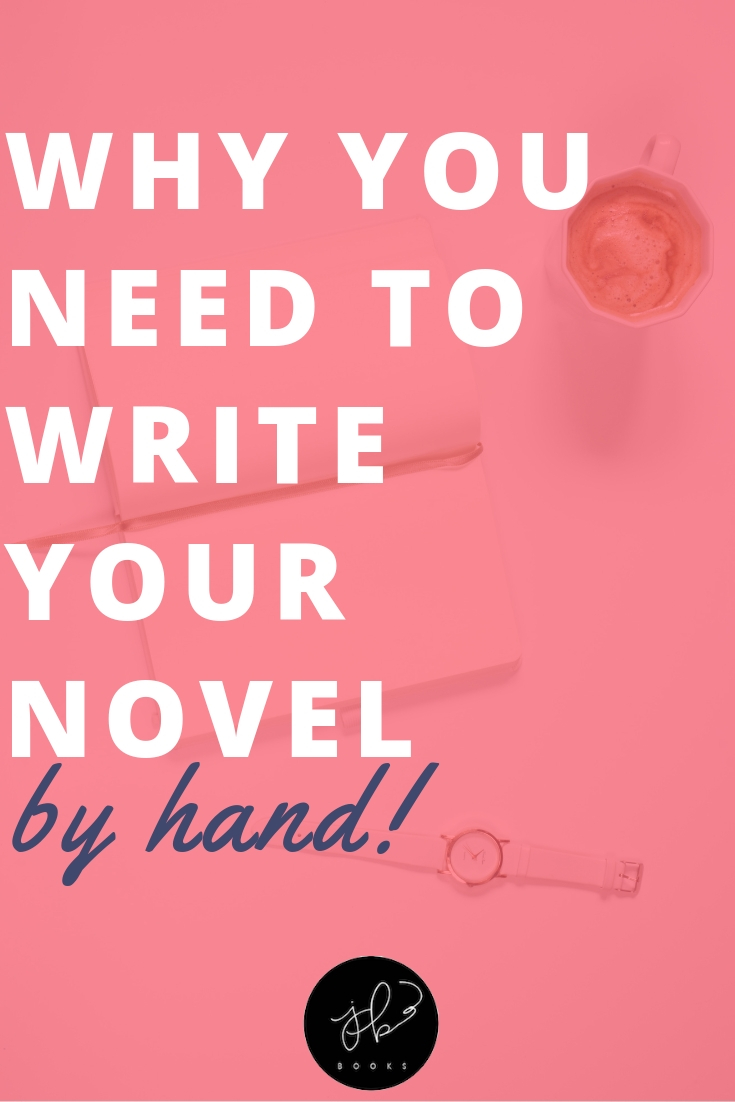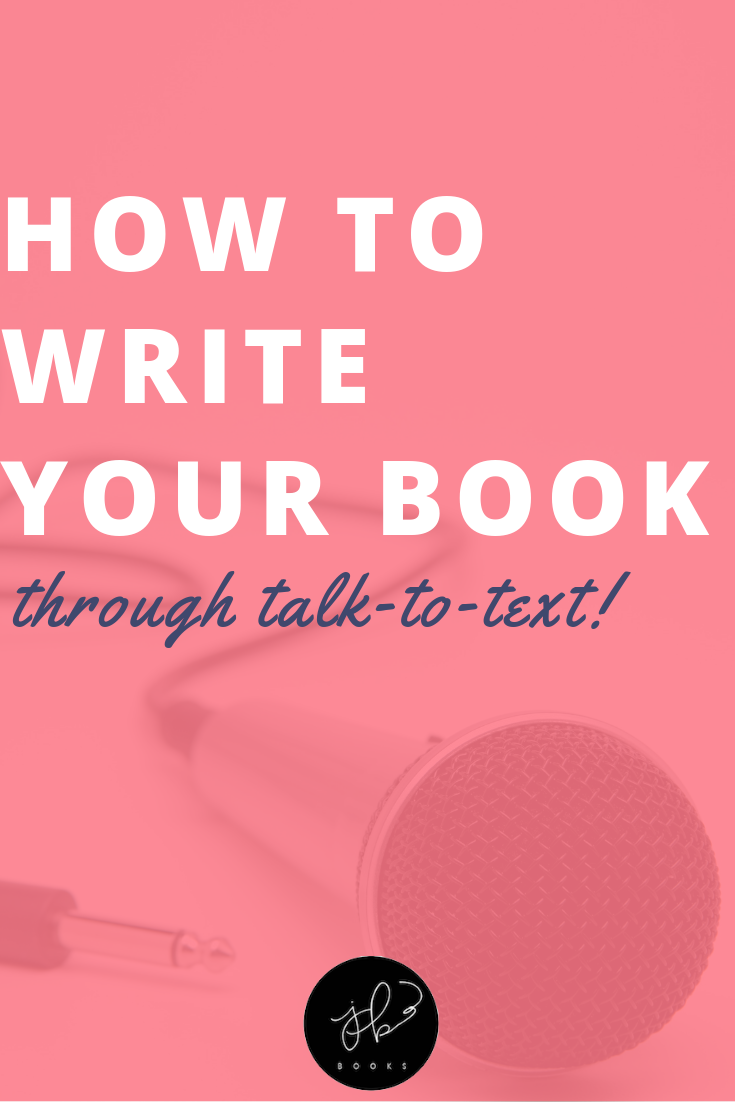Now that you've started your novel, what's the best way to write it? Here are some reasons why I recommend paper before you jump to the computer!
Note: This post was last edited on April 3, 2016.
When I first start a novel, I write the first draft completely by hand. Why is that? I found that writing on paper helped me to quit analyzing and create faster. Skeptical? Allow me to convince you.
Studies show that writing longhand fires up the brain differently than computer writing does. According to the Huffington post, handwriting is important for brain development and cognition. Translation? Writing longhand can release your creativity in ways computer writing cannot.
Let's dive into the benefits of writing on paper, shall we?
SPARK YOUR CREATIVITY
When I first started writing, I used Microsoft Word. I quickly realized that screens are draining. There’s a reason you’re supposed to be technology-free before you go to sleep. Screens are not our friends.
Think about it. Have you ever realized how blinding white a Word document is? Does it make you tired or is that just me? That doesn’t do much for creativity, I’ve found.
When I can't make it work on the laptop, that's when I pick up the pen and paper. The tactile movement, the distraction-free nature, and the feeling of connection encouraged my story.
Creative boosters that also come with writing on paper:
Margin writing. If I'm writing a scene on paper, I get tons of ideas. I use the heck out of my margins, writing ideas for future scenes or characters, and brainstorming when I need it.
Instagram-worthy notebooks. This may be trivial in the grand scheme of things, but overall, having a pretty notebook really amps my excitement to write.
Page-flipping, line-filling greatness. There's something amazing about the feeling of flipping a page filled with your own words. This is a great way to see your progress in full scale!
PREVENT SELF-EDITING
There is no “delete” key when it comes to pen and paper. When you write your novel on paper, it allows you to get everything out in the open before your brain kicks in to fix it.
All the misspellings, all the unfinished ideas, all the questions are welcome on the page. It starts with a big mess. Editing comes later.
Here are a few ways to "edit" without editing:
Scratch it out. One strikethrough, and that's it. That way, you can still read the words when you go back through again.
Use margins for notes. Like I said above, if you need to make a note, use your margins! If something isn't working in your scene, write it down.
Move on, man. Is your scene derailing? Stop and take a breath. Skip a line and move on to the next scene.
TAKE IT WITH YOU
Notebooks are portable, people! When it comes to writing on the go, it's much easier to carry a notebook along with you than it is to lug your laptop around.
Tablets work, of course, but then there's the keyboard. Also, you never have to charge a notebook. Hooray for eternal battery life!
TRANSFER YOUR TEXT, GET IDEAS
There are plenty of good things to be said about the process of transferring scenes from paper to print. It gives you new ideas, a new way of seeing things, a fresh look at what you’ve already written. For me, this is the point where my story begins to take shape.
If you're looking for a program to organize your scenes, I recommend Scrivener. (Not an affiliate link.) Scrivener allows for a post-it note organization tool that lets you easily move your scenes around in the order you choose.
There's no "right" way to use the program, and it helps to take your novel-in-progress to the next level.
BE ONE OF THE GREATS
There's something connective about writing on paper. It brings you back to a time when writing was more organic, where you didn't have instant access to research, where all that mattered was your brain and what you could do with it.
You can write a great book in any way. But this way? It joins you to some of the great writers of the past. And that's pretty powerful.
Thanks for reading, my friends. I hope you dive pen-first into writing.
Discussion Time: Have you ever tried to write your novel on paper? What are your pros and cons?












